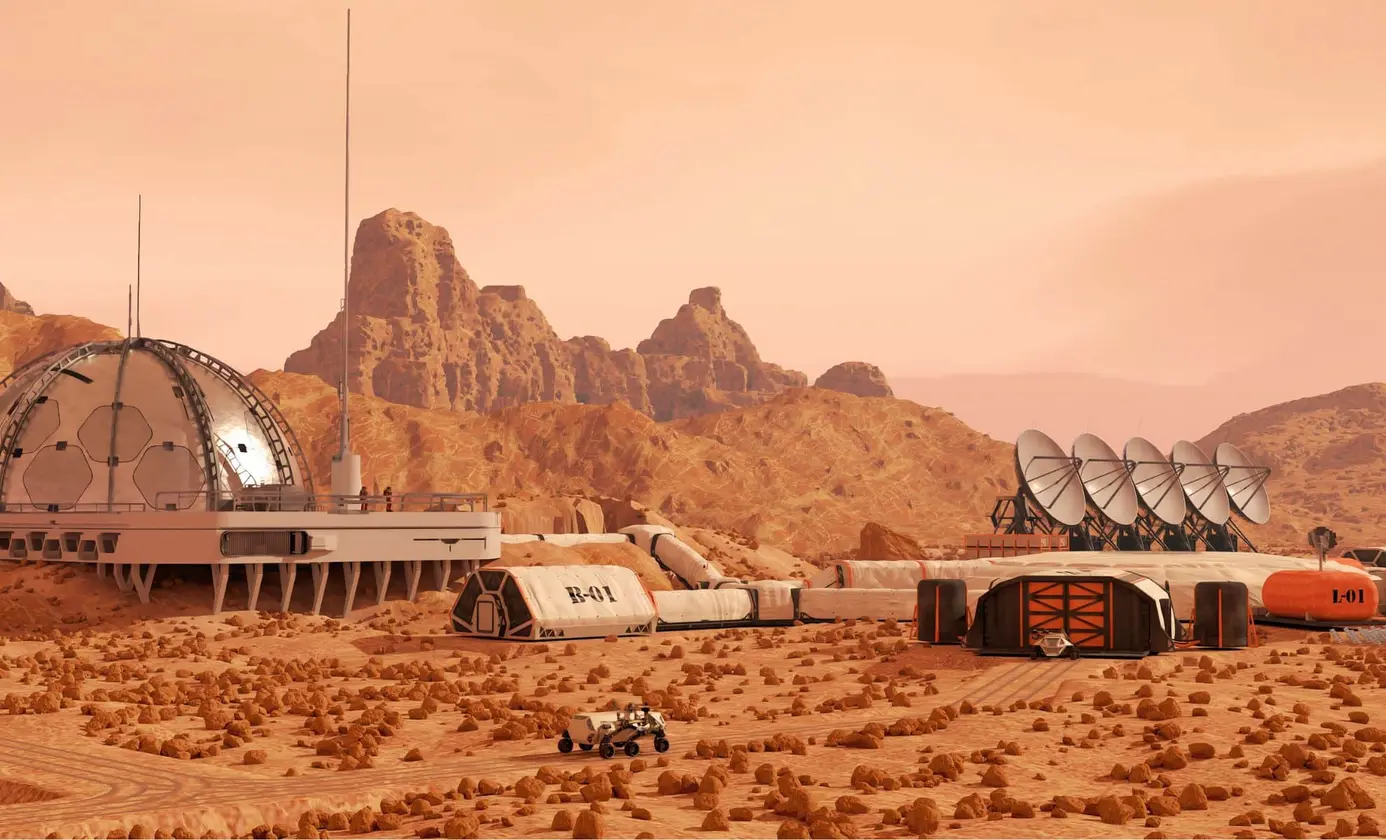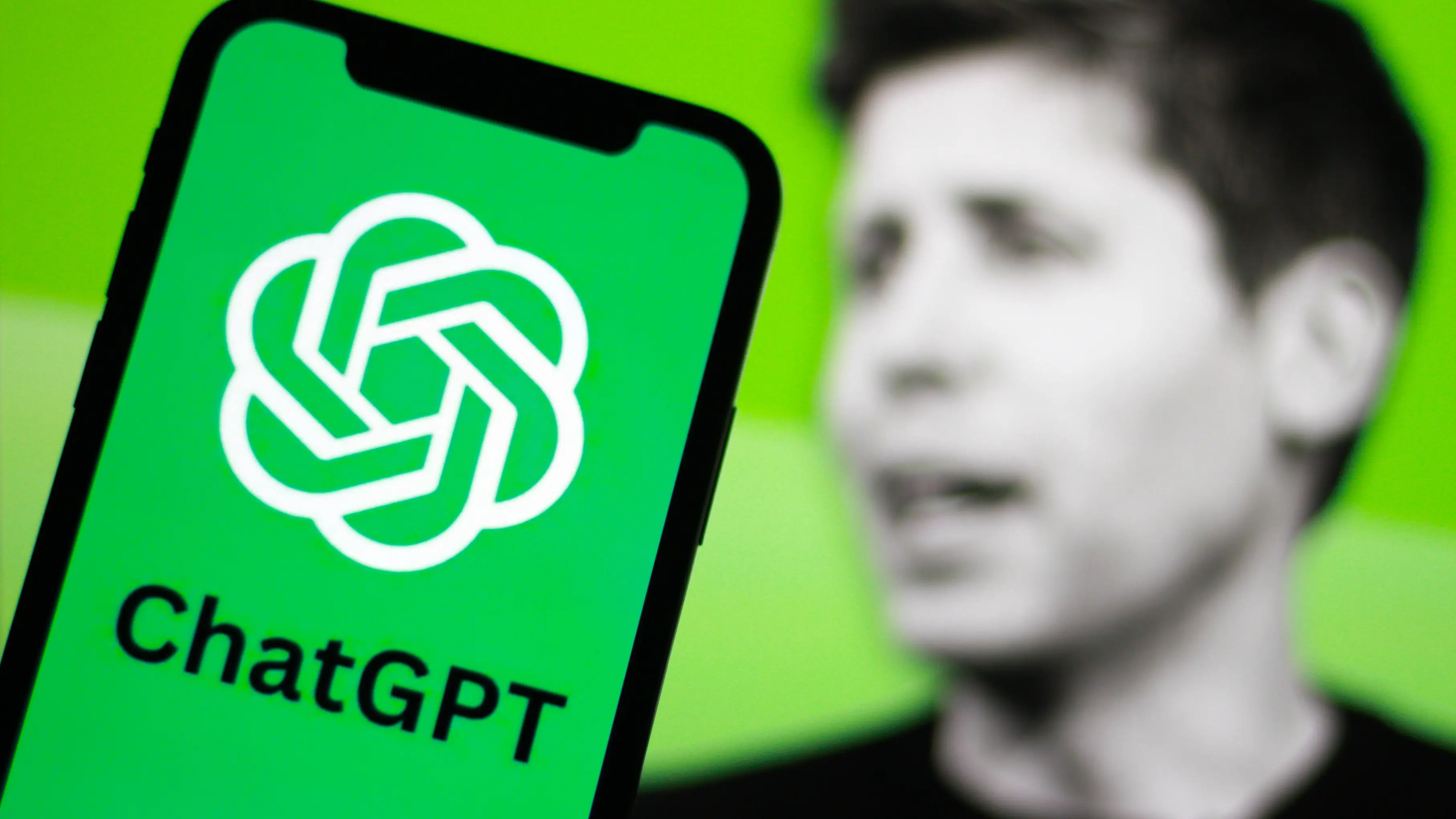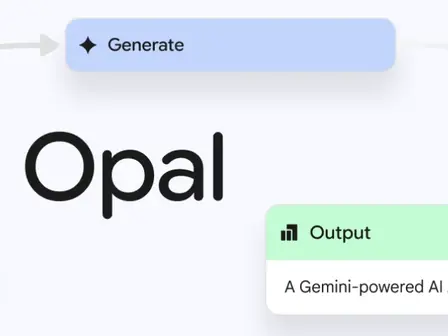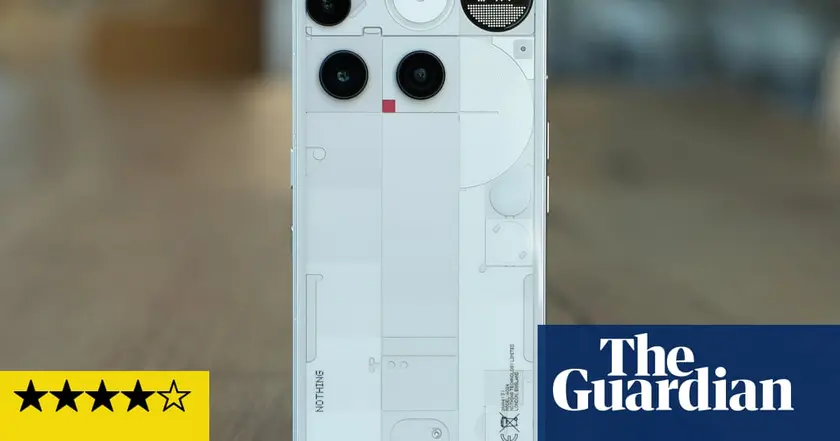T4K3.news
NASA and Google unveil space AI medical tool
Autonomous diagnosis and treatment tech could reshape health care for explorers and remote clinics

NASA and Google’s AI medical assistant could transform space health care by enabling autonomous diagnosis and treatment on long missions.
NASA and Google Unveil AI Medical Assistant for Space Health
NASA and Google announced the Crew Medical Officer Digital Assistant, an AI tool to help astronauts diagnose and treat medical issues when Earth-based support is delayed or unavailable. The CM0-DA runs on Google Cloud Vertex AI and uses speech, text, and image inputs to guide decision making. The project aims to support deep space missions where delays or outages in communication are common.
In early tests, the AI handled common space ailments such as ankle injuries, flank pain, and ear pain with diagnostic accuracy between 74% and 88%. The tool is designed to reduce dependence on Earth-based medical teams and extend medical care to Mars missions and beyond. Researchers also see possible benefits for Earth-based remote clinics and disaster zones.
Key Takeaways
"The tool not only could improve the health of astronauts in space, but the lessons learned from this tool could also have applicability to other areas of health"
Quoted in the article as a takeaway from the collaboration
The collaboration between a public agency and a private tech firm shows how exploration drives medical tech forward. Autonomy is framed as a safety feature, not a gadget, but it raises questions about safety, accountability, and how to validate AI in high risk settings.
If CM0-DA proves reliable, it could speed up AI adoption in Earthbound healthcare, particularly in places with limited doctors. Yet critics warn that AI tools must be paired with human oversight and strong data safeguards to avoid misdiagnosis or bias.
Highlights
- Autonomous care becomes a core safety feature for long missions
- Space tested AI could transfer to remote clinics on Earth
- A doctor in the cloud travels with every crew
- We are moving toward health where help is hours away
As missions push farther, the line between doctor and code will keep shifting
Enjoyed this? Let your friends know!
Related News

OpenAI launches GPT-5 with innovative features

Google launches Opal for easy app creation

OpenEvidence reaches a $3.5 billion valuation

Google Cloud launches Veo AI video generator model

Nothing Phone 3 launched with unique design

Google launches Veo 2 video generator

Google reveals AI advancements at I/O 2025

Google introduces new AI tools for creatives
